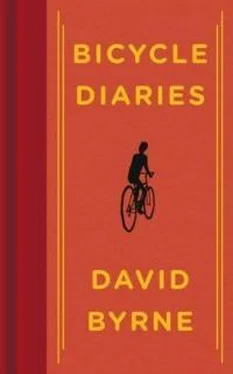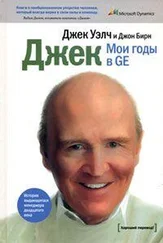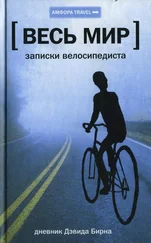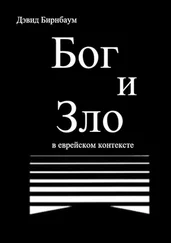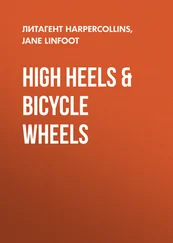We are taken by a small bus to the park in which the concert is to be held, but the (British) driver gets lost and we somehow end up back at the hotel. Soon enough we’re back in the Istanbul traffic. Other than a trolley on one boulevard and buses there is no public transportation, so at rush hour things grind to a halt.
Our soundcheck/rehearsal is pretty short—the generator is shut down just before we are to begin. But we make some progress learning “Lazy”—a live version of a remix version with strings. It’s going to sound lovely—moody and orchestral in bits and driving and funky in other sections. It still needs work so we won’t play it tonight, but maybe after another rehearsal.
The show goes off very well in the end. The sound is fine. The audience, while not the eight thousand they’d hoped for, is respectable and very appreciative and they love it when the strings join the rhythm section! They swoon and wave their hands around. It feels good to sing and dance. A million thoughts run through my head as I sing—personal stuff and otherwise—and they make the songs fresh for me. The two new string players do wonderfully for only having run through much of the stuff with the other strings and not the entire band. It’s a short set, as it’s a festival and there are other acts on after us.
Arhan is backstage. He calls Esra, who says we should come on by to where she is. She’s having dinner with the minister of tourism and the minister of state at a fancy restaurant after the opening of a museum.
Esra got married a week ago in Paris to a man I’d met previously—a businessman, I think, and when we arrive I am also introduced to the various ministers and their wives or girlfriends as well as a Turkish fashion designer.
The restaurant is on a hill with a view of the Bosphorus. I am seated at the end of the table, near Esra and across from Arhan. Our table is outside, on the grass. The view is incredible. One can see the boats and ferries down below plying the Bosphorus and a steady stream of cars crossing the immense bridge to Asia. Below us are the lit-up palaces and the Kempin ski Hotel along the water’s edge.
Esra is, I gather, somewhat wealthy. She’s charming and attractive, but not conventionally pretty. She’s animated as she leans attentively toward the minister of tourism on her left—an immense man with tiny little eyes who reminds me of Mr. Creosote, the Monty Python character who eats until he explodes. When our minister leans back after making a remark his head seems like a blip on top of a mountain.
All the ministers have mustaches. All their wives or girlfriends have cleavage.
Some of the women speak English; the ministers do not, at least not to me. Conversation seems to be sporadic, and with me being a fresh new element in the mix, it starts up again—at least for a while. Eventually Arhan and I leave, as I have to pack for a drive to Belgrade in the morning.
With some of the worst traffic in the world—the city has exploded in population in recent decades—one wonders why, with its agreeable Mediterranean climate, central Istanbul hasn’t embraced the bicycle as a mode of transport. Aside from the hills I come back to status as the only explanation that fits. Sure, folks will say, as they do in New York City, “It’s dangerous, and where will I park my bike?” Those questions get answered and rapidly rendered moot when there is political will—or when the price of gas is five times what it is today. They are really excuses, justifications for inaction, not real questions.
Buenos Aires
It’s the Paris of the south, they say—due to its wide avenues, cafés, and nightlife. Avenida 9 de Julio is the widest avenue in the world, so there you go Mr. Haussmann. If the obelisk wasn’t plunked in the middle of this boulevard you could land a 747 in the middle of the city.
Buenos Aires is far enough south to be in the temperate zone, which separates this city, and Santiago, in Chile, just across the Andes, from their tropical neighbors just to the north. There are huge psychological separations too—the Argentines tend to see themselves as more European, and by inference, as more sophisticated, than their Brazilian neighbors. Naturally, ahem, musicians and other creative types don’t carry this snobbish attitude around, but in general it is felt and seen in the architecture, cuisine, and clothing.
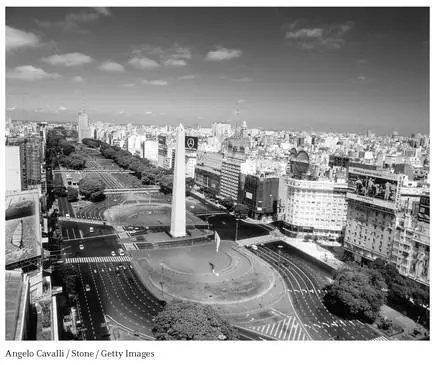
Though both southern Brazil and Argentina were settled by successive waves of Italians and Germans, among others, the Argentines probably deny that there are also African elements that make up their culture, while in Brazil to the north those elements are still strong and visible and the Brazilians are proud, sometimes, of their African blood and culture. In Argentina the Africans all but vanished, but in truth their influence remains, camouflaged and denied, but intact.
Built on the floodplain of La Plata River, the city is fairly flat, and with the temperate weather and the streets more or less on a grid it is perfect for cycling around. Despite this I could count on one hand the number of locals I saw on bikes. Why? Would I inevitably find out the reason no one else was pedaling around here? Was there some dark secret explanation about to pounce on me? Am I a naive fool? Is it because the driving is so reckless, the theft so rampant, the gas so cheap, and a car such a necessary symbol of status? Is it so uncool to ride a bike here that even messengers find other ways of getting around?
I don’t think it is any of those reasons. I think the idea of cycling is simply off the radar here. The cycling meme hasn’t been dropped into the mix, or it never took hold. I am inclined to agree with Jared Diamond, who claims in his book Collapse that people develop cultural affinities for certain foods, ways of getting around, clothes, and habits of being that become so ingrained that they will, in his telling, persist in maintaining their habits even to the point of driving themselves and sometimes their whole civilization to extinction. He gives a lot of historical evidence—for example, an eleventh-century Norse settlement in Greenland where the settlers persisted in farming cattle, as impractical as it was there. The cuisine or habits of the local Inuit were never adopted or adapted—their diet and ways were just not culturally acceptable—and eventually the settlers all died. This was not a quick settlement either—it lasted for over four hundred years—long enough for them to convince themselves that they were doing okay. Of course, in the era of total reliance on fossil fuels and global warming, Diamond’s history lessons have a scary resonance. So, while we would like to think that people can’t really be so stupid as to wipe themselves out—with the means of survival right in front of them—they can, and they certainly do.
I’m not saying cycling is a matter of survival—though it might be part of how we survive in the future—but here in Buenos Aires it seems so much a commonsense way of getting around that cultural abhorrence is the only explanation I can come up with as to why there are no other cyclists on the streets. My cycling is considered so unusual here that it is newsworthy—it is written up in the local papers.
I mainly visit this city when I am performing, though I arrange my schedule in order to have time to look around. Over the years I have become slightly familiar with some of the music and musicians here. They are some of my favorites in the world, as is this city.
Talk Backward
In the morning I decide to bike out to Tierra Santa (the Holy Land) in hopes of some photo opportunities. It’s a theme park located close to the river out past the domestic airport that advertises “a day in Jerusalem in Buenos Aires.” I find that it is closed today, but from outside the gate I can see “Calvary” with its three crosses poking out of the top of an artificial desert hill. I won’t get the ironic shots I might have hoped for, but the ride out was nice—from my hotel I passed through grand parks filled with professional dog walkers (none had fewer than five dogs) and then rode along a promenade that borders the river, which is so wide here that you can’t see the opposite shore—one would think it is a still ocean or a giant lake.
Читать дальше
